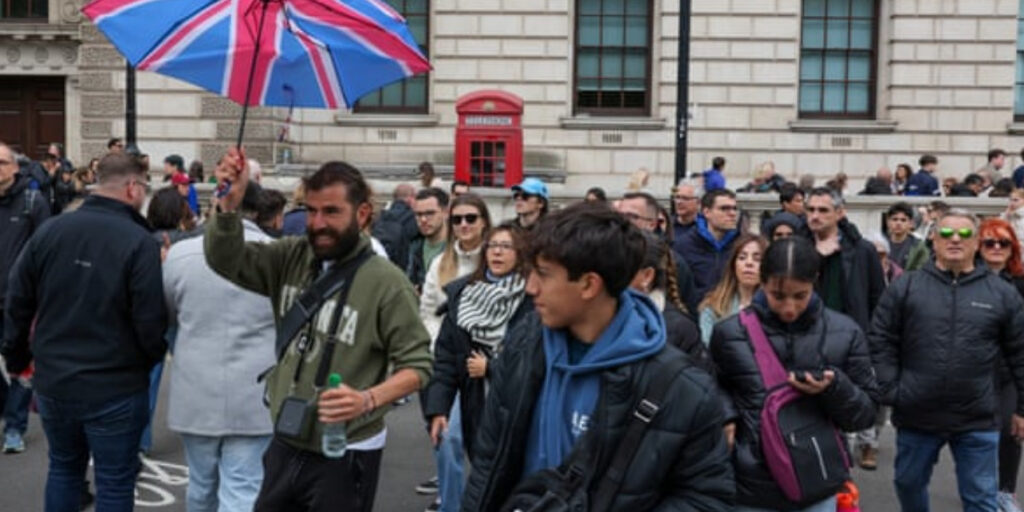The UK Government is facing mounting criticism for “sabotaging” the nation’s vital tourism sector, after new figures revealed that international visitors spent over £2 billion less in 2024 than they did before the COVID-19 pandemic.
A study by the World Travel and Tourism Council (WTTC), in partnership with Oxford Economics, found that foreign tourists spent £40.3 billion in the UK last year—a decline of 5.3% compared to 2019 levels.
While global tourism has largely recovered, the UK has yet to return to pre-pandemic performance, prompting industry leaders to blame government policy for creating barriers to growth.
WTTC President Julia Simpson, a former adviser to Sir Tony Blair, accused ministers of making “deliberate policy choices” that have stifled international travel.
Among the measures drawing criticism are the scrapping of VAT-free shopping for tourists, an increase in air passenger duty, and the rollout of electronic travel authorisations (ETAs), which now cost £16 for European visitors—excluding the Irish.
“This government claims to champion economic growth, yet it is actively undermining a private sector industry that contributes 10% of UK GDP and supports thousands of jobs,” said Simpson. “We are quite literally sabotaging ourselves.”
Luxury retailers, including the CEO of Burberry, have warned that the removal of tax incentives has left the UK at a competitive disadvantage compared to other European destinations.
“We are losing value share,” Simpson added, highlighting that shoppers are turning to cities like Paris and Milan instead.
The criticism comes amid a 44% cut to VisitBritain’s international marketing budget, slashing its funding from £18.85 million to just £10.57 million from April this year. The cuts coincided with a hike in air passenger duty and the implementation of the ETA fee.
“You have to market the UK properly,” Simpson urged. “We should be telling stories about Harry Potter, Jane Austen, and Richard III to attract global tourists to every corner of the country.”
In response, a government spokesperson insisted that VisitBritain’s campaigns remain a “powerful tool” for driving tourism and promised the launch of a national visitor economy strategy this autumn.
“The UK remains one of the most visited nations in the world, and international tourism injects billions into our economy,” the spokesperson said. “Our goal is to welcome 50 million international visitors annually by 2030.”
Despite the spending shortfall, the WTTC’s report showed that the travel and tourism sector contributed £286 billion to the UK economy in 2024, a 3.9% increase compared to 2019.


